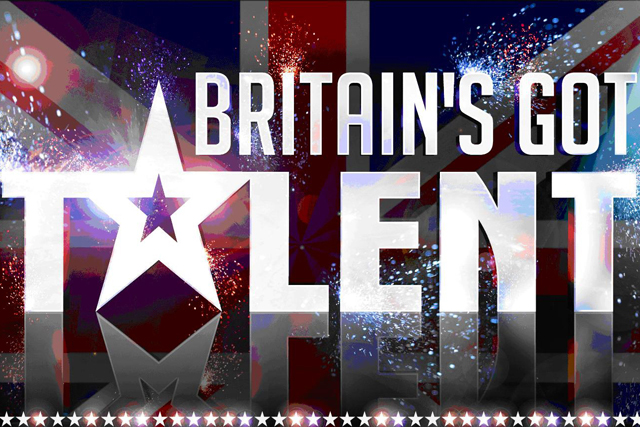A comparison is often drawn between the popularity of reality TV and society's love of a freak show. So, while many of us might have taken a peak at Britain's Got Talent or be loud and proud in our adoration of last year's runner-up, Chandi the dancing dog, it seems the freak attraction we were really tuning in to see was Simon Cowell.
Viewing figures this year - sans Cowell - took a tumble as the first programme aired last month.
The show averaged 9.95m viewers, compared with last year's 10.6m, while the second instalment was down almost 1m on 2010. It took a one-off appearance from Louis Walsh to edge up week-on-week ratings in episode three, which in itself is telling.
Although it's hard to admit, Cowell was the main draw. The new judging trio of Amanda Holden, comedian Michael McIntyre and David 'The Hoff' Hasselhoff just isn't enticing enough to make fairweather viewers tune in. The Hoff's inclusion could add an unpredictable edge, but it's likely his lost-in-translation gags - 'what's a lollipop lady?' - will soon wear thin.
ITV points out that the show is the most popular in the UK. So the question is: while the cream of British 'talent' is queuing up to audition, is it the paid-for 'talent' who are failing to pull in record crowds?
We asked David Pemsel, former ITV group marketing director, and Mark Eaves, managing director of PHD's creative content division Drum, which works with Sainsbury's and Cadbury.
DAVID PEMSEL, FORMER GROUP MARKETING DIRECTOR, ITV
The eco-system of talent contests is changing. American Idol now has Steven Tyler and Jennifer Lopez; Simon Cowell has left Britain's Got Talent, American Idol and The X Factor, to launch American X Factor; and The Hoff has hit our screens, alongside Michael McIntyre and Amanda Holden, in the latest series of Britain's Got Talent.
Television formats are complex beasts and their success depends on the on-screen talent, format, contestants and some luck (think Susan Boyle).
Cowell and Piers Morgan leaving Britain's Got Talent at the same time was always going to be a challenge, but ITV has delivered able replacements.
With the judges sorted, Ant and Dec on hand, and the structure of the show still slick and professionally produced, what else is there to do?
When I worked at ITV, we assembled the great and the good to launch the first series of Britain's Got Talent. As we sat in a hushed meeting room waiting for Cowell, a PA arrived to say he could no longer attend but here were his thoughts. A handwritten note was read out: 'It's all about the talent.'
That's the simple answer to correct any decline in the numbers - a Paul Potts, Susan Boyle or George Sampson will solve everything.
REMEDY
- ITV should syndicate widely and make clips available to every social network and website, letting the content spread - powerful marketing you can't buy. It shouldn't get protective and keep it within ITV.com.
- The fastest-growing content on mobiles and tablets is music videos. ITV should push out the best bits as a hook to get people watching the weekend shows.
MARK EAVES, MANAGING DIRECTOR, DRUM PHD
Building long-term brands is hard in tellyland. It's a fickle landscape that doesn't like the quiet cultivation of profound and unique consumer relationships. Turn on, tune in, move on. Few TV shows can be called brands. Those that are have become so more through longevity, rather than marketing-led brand-building.
The term 'franchise' is more familiar in the world of entertainment intellectual property: the short-term, commercial capitalisation of a popular property.
But shows such as Britain's Got Talent definitely sit in the global brand league.
The issues around Simon Cowell's absence from the show are similar to the debates about Richard Branson's proximity to the Virgin brand: how to be a talismanic presence, rather than a permanent lynchpin. It's tricky, but is essentially about managing success and trying to build the brand, not the talent.
REMEDY
- Thoughtful, long-term extensions. Resist the temptation of branded mugs and slippers for investment in bigger ideas that build deeper involvement. Ideally these extensions should try to move Britain's Got Talent away from the absolute dependency on the broadcast window.
- Strategic development of digital entertainment platforms, as well as real-world platforms - why couldn't the 'Got Talent' format have a permanent residency in Las Vegas? ITV's open auditions on YouTube were a great innovation for this series.
- The concept of 'talent', and the development of it, has potential across the creative industries. Could more substantial educational programmes be married to a platform that's motivating to young audiences?
- Always ask 'what would Disney do?'



